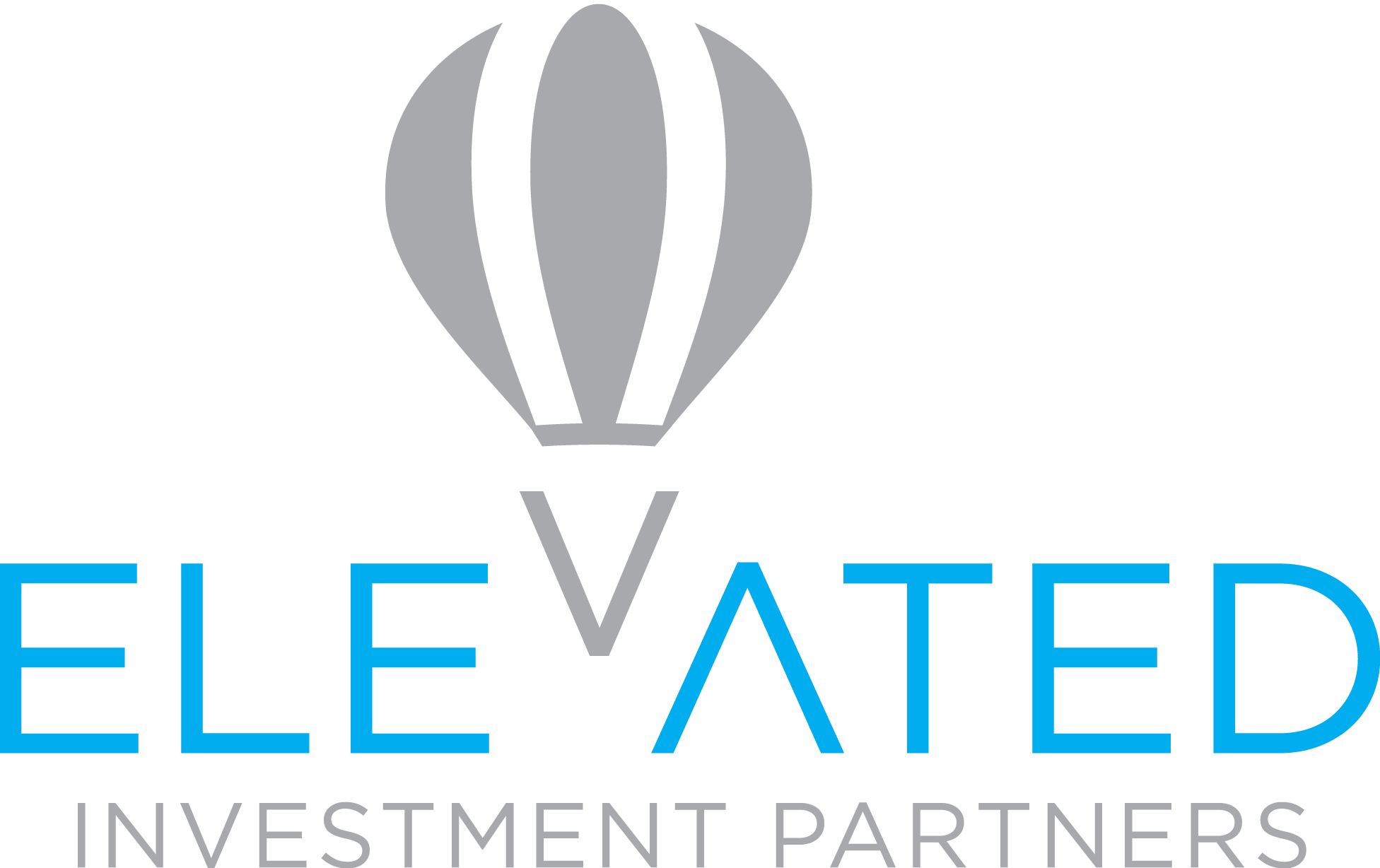Retirement planning tips and resources that everyone can use

Knowledge is retirement power
Looking to reduce your taxes? It’s always good to remind yourself that your workplace retirement plan offers one of the best tax breaks available. That’s because your contributions may be excluded from your federally taxable income (as well as taxable state income, if applicable). Just think of the tax savings you could realize if you contributed the maximum allowed in 2020 to your 401(k) plan ($19,500, plus another $6,500 if you are age 50 or older)! Not only do you get some nice tax savings each year for contributing to your plan, you’re also helping to set yourself up for the possibility for better financial results years down the road.
Quarterly reminder
With identity theft, data breaches, ransomware, and spyware becoming more and more common, it’s more important than ever to protect your financial information — especially if you handle most of your financial business online. Managing your various passwords is probably one of the most important things you can do. A good rule of thumb is to reset your financial log-in passwords every 90 days, and don’t use the same password for more than one account.
Q&A
What does it mean to be “vested” in my retirement account?
“Vesting” means that you own all of the money in your workplace retirement account. You are always 100% vested in your own contributions to your plan, but your ownership of your employer’s contributions may be governed by certain vesting rules. For example, you may become 100% vested only after a certain number of years of employment. You can check with your benefits administrator to confirm your vesting schedule.
Tools & techniques
Many identity theft victims have found out about credit accounts opened in their name by reviewing their credit reports. That’s one reason financial professionals recommend reviewing your reports regularly. The reports generally contain the same information, so you should consider requesting and reviewing one agency report every four months, which allows you to keep a closer eye on your reports and still obtain them without cost. Be sure to use the free site www.annualcreditreport.com to obtain your reports. The site also includes additional information, tips and resources for safeguarding your identity.
